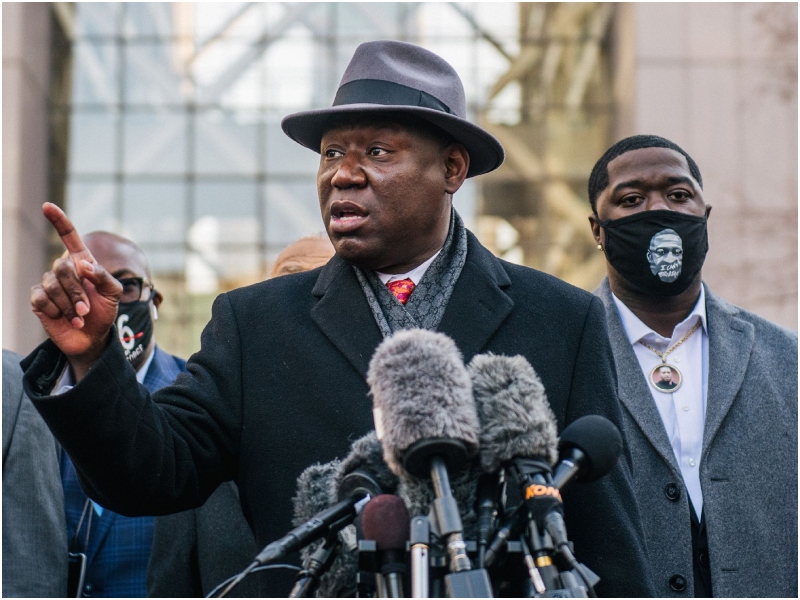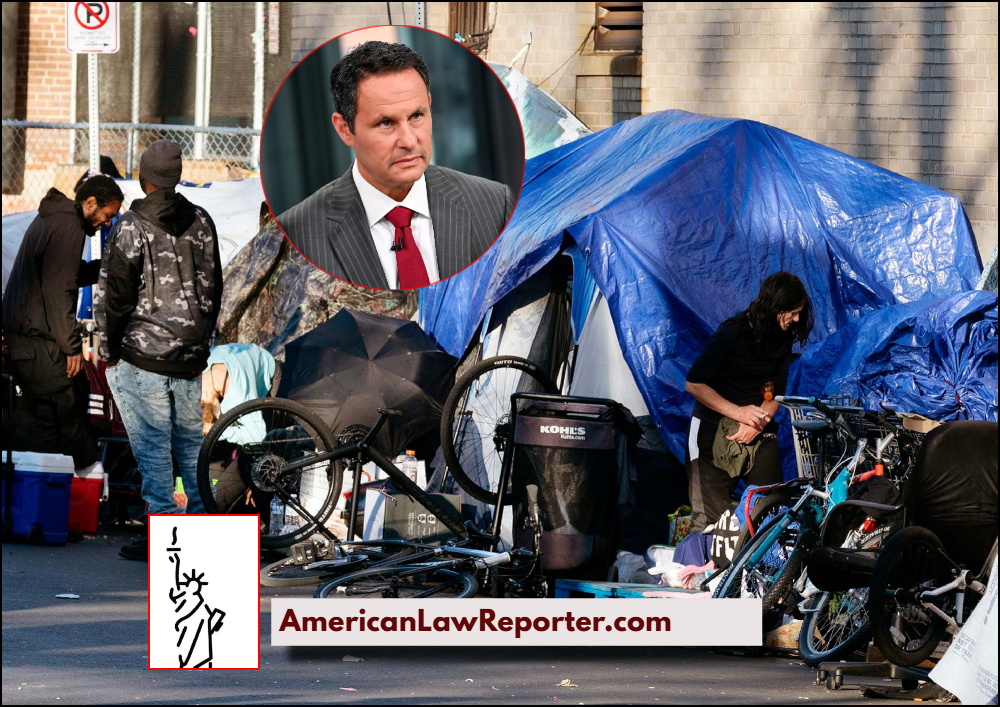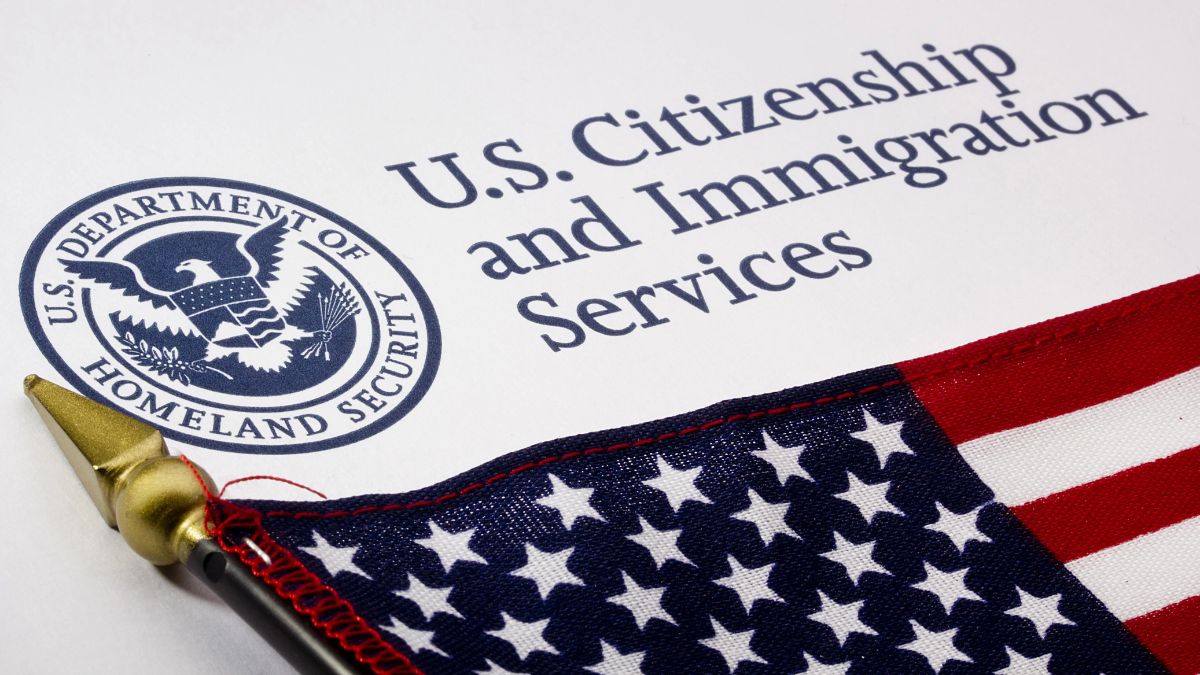Law Blogs
-
In a case that captured national attention and raised intense legal and ethical questions about U.S. immigration enforcement, a federal judge has ordered the release of 5-year-old Liam Conejo Ramos and his father, Adrian Conejo Arias, from immigration detention in Dilley, Texas. The decision ended a detention that sparked protests, political outrage, and widespread scrutiny…
-
The reported capture of Venezuelan President Nicolás Maduro by U.S. forces on Saturday, January 3, 2026, marks one of the most consequential—and legally fraught—actions in modern international relations. The arrest of a sitting head of state of a sovereign country by another state raises profound questions under international law, U.S. constitutional law, and long-standing norms…
-
In the span of 48 hours, the Trump administration has racked up at least four documented clashes with federal courts and legal norms—each one a potential violation of U.S. law—while the president himself escalates rhetoric that equates judicial pushback with sedition or treason. It’s a stark irony: the man who once tweeted “no one is…
-
Ben Crump to Law Students: Master English, Be Prepared, and Bring Passion to Civil Rights Litigation
Prominent civil rights attorney Ben Crump is urging aspiring lawyers not to underestimate one of the most basic — yet essential — tools for success in the legal profession: mastery of the English language. In a recent discussion with law students, Crump explained that precision in both written and spoken word can determine whether an…
-
Rashida LaLande didn’t come to play. The powerhouse attorney, who joined The Estée Lauder Companies last August as Executive Vice President and General Counsel, earned nearly $10.9 million in just 10 months on the job, according to recent proxy filings. The multimillion-dollar package reflects both LaLande’s value to the global cosmetics giant and her rising…
-
Fox News host Brian Kilmeade is facing intense backlash after suggesting that the United States should consider “involuntary lethal injection” to deal with the country’s growing homeless population. The remark, made on-air during Fox & Friends, came after journalist Lawrence B. Jones argued that billions in federal and state dollars allocated to homelessness and mental…
-
U.S. Supreme Court Justice Sonia Sotomayor voiced cautious optimism about the state of American democracy in a televised interview this week, stressing that the republic endures so long as citizens remain engaged and active participants in self-governance. Speaking with ABC News’ Linsey Davis, Sotomayor reflected on warnings from constitutional scholars about a possible democratic crisis…
-
A federal judge has halted President Donald Trump’s attempt to remove Federal Reserve Governor Lisa Cook, ruling that the president had not demonstrated legally valid grounds for her dismissal. The decision underscores the limits of presidential power over independent regulatory agencies and sets the stage for a significant constitutional showdown over executive authority and central…
-
Justice Cleo E. Powell has been unanimously elected as the next Chief Justice of the Supreme Court of Virginia, marking a historic milestone in the commonwealth’s judicial history. When she assumes office on January 1, 2026, Powell will become the first Black woman to lead Virginia’s highest court. Powell, a 1982 graduate of the University…










